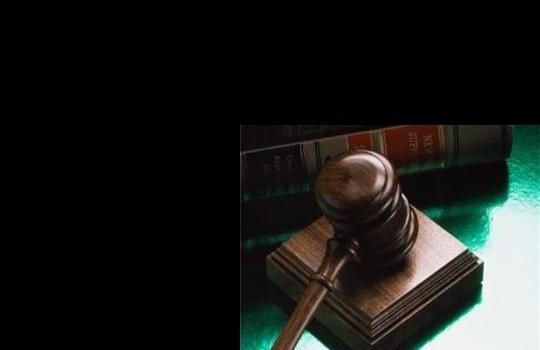The new Equality Act came into force on 1 October. As well as ‘harmonising’ much of the discrimination law into one single act, there are other changes HR need to be aware of.
Worryingly, research from Eversheds reveals 75% of HR professionals surveyed fear that the Equality Act 2010 will lead to an increase in claims.
Over half of employers (57%) have responded to these concerns by implementing training on the Act for managers or staff, or intend to do so. However, nearly a third (29%) had no plans to implement training.
Audrey Williams, head of discrimination law at Eversheds said: "Most employers seem to recognise that one important way to protect themselves against claims is to train managers and staff so that they understand what is and isn’t considered acceptable. For example, the Act imposes new restrictions on what questions employers can ask about job candidates’ health. Anyone involved in the recruitment process needs to know about this change. Those employers who have yet to consider training should do so immediately."
A third (33%) said they didn’t intend to change their policies.
Williams warned this may not be wise, saying: "We would still recommend they check their existing policies to ensure they deal with the changes made by the Act."
What else is changed by the Act?
Discrimination and harassment based on association and perception
Lisa Mayhew, partner in law firm Jones Day, said: "One of the key changes will be the broadening of the definitions of direct discrimination and harassment to allow claims based on association and perception. This is intended to cover situations where the discrimination or harassment is because of the victim’s association with someone who has a protected characteristic (e.g. a disabled child) or because the victim is wrongly thought to have a protected characteristic (e.g. a particular religious belief). This change substantially widens the class of people able to bring a claim and is likely to result in a significant increase in the number of claims brought."
Employers now liable for actions of third parties
Mayhew continued: "The Act will allow an employee to bring a claim against their employer for the acts of a third party, such as a client, customer or colleague, where the employee has been harassed on at least two occasions and their employer is aware that it has taken place and has not taken reasonable steps to prevent it from happening again. These new provisions may, depending on how widely they are interpreted by the Tribunals, have the potential to bring about a major change in the claims which can be brought under the banner of ‘harassment’."
Increased tribunal powers
Rachel Dineley, employment partner and head of the Diversity and Discrimination Unit at law firm Beachcroft LLP said: "Employment Tribunals have been granted broader powers to make recommendations in relation to an employer’s practices and procedures in the event of a successful claim. The net result of these measures is to create traps for the unwary, and employers should take the opportunity to audit their current practices now to minimise their risks in this area. With some many organisations undertaking some form of restructuring, the scope for expensive errors will increase. Ironically, employers could incur, rather than save, costs if they are not compliant with the new law."
Pay, transparency and secrecy clauses
The pay and secrecy clauses as well as gender gap pay reporting tackled in the Act covers what have been hot topics over the past two years.
Lisa Mayhew explained: "The Act makes secrecy clauses which prevent employees from discussing their pay unenforceable where the pay disclosure is made with the possibility of pay discrimination in mind. The Act does not ban the inclusion of such clauses in employees’ contracts (it only makes them unenforceable and protects employees against victimisation following a relevant pay disclosure). Employers will continue to be able to require employees to keep their pay rates confidential (e.g. from competitor organisations)."
Khurram Shamsee, employment partner at Beachcroft LLP added: "Gender pay has been a hot topic in recent years and the Equality Act includes a number of measures aimed at tackling this issue. For example, the Act seeks to encourage pay transparency by restricting the circumstances in which an employer can discipline an employee for disclosing salary and other pay details to their colleagues. There has also been some tinkering with the equal pay provisions which will make it easier for employees to bring claims on this basis."
There are a range of practical points for employers to consider to ensure that the risks of successful discrimination claims are minimised. With the recent changes in government, and current focus on cost cutting, a number of employers may be taken by surprise as job applicants and employees take advantage of the revised protection provided by the Act.
A handful of additional measures under the Act will follow in April 2011.
For guidance from ACAS see: www.acas.org.uk/equalityact
Tips for preparing for the Equality Act 2010
- Review existing policies in all areas of discrimination to ensure they are still relevant
- Ensure all employees with line manager and interviewing responsibilities have attended training so they know when to recognise discrimination and ensure they comply with the law
- Ensure all staff are trained so that they know what to do if they experience harassment or discrimination
- Depending on the nature of the employer’s activities, it might also be appropriate to specifically bring to the attention of clients, customers and commercial contacts that inappropriate behaviour towards staff will not be tolerated





